In a time where it seems that all news is bad news, there has been a surprising and extremely encouraging discovery that would certainly be considered great news.
Researchers from the University of Queensland have found that there are far more coral reefs on planet Earth than previously assumed. In fact, they found more than 200,000 miles of coral in the ocean’s shallow waters. Now, they hope this information will help scientists around the world understand and protect these and all other reefs.
Advanced Satellite Mapping Shows Never-Before-Seen Coral Reefs
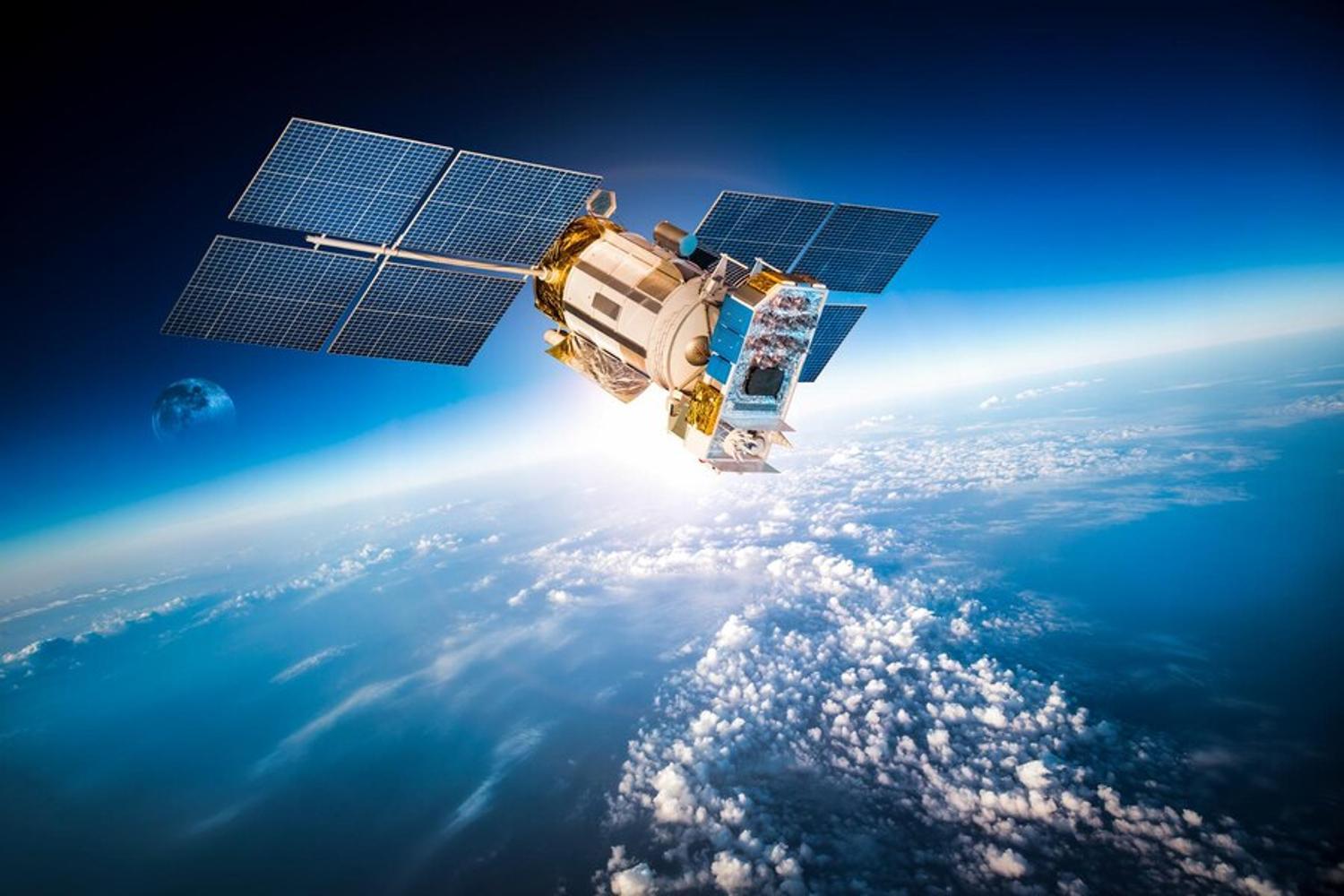
The Allen Coral Atlas project set out to map coral reefs found all around the world using satellite imaging.
Working with researchers from the University of Queensland and Arizona State University, they have taken comprehensive photos of not only the known coral reef systems but also 216,000 square miles of never-before-seen reefs.
Satellite Images Showed Hundreds of Miles of Shallow Coral Reefs
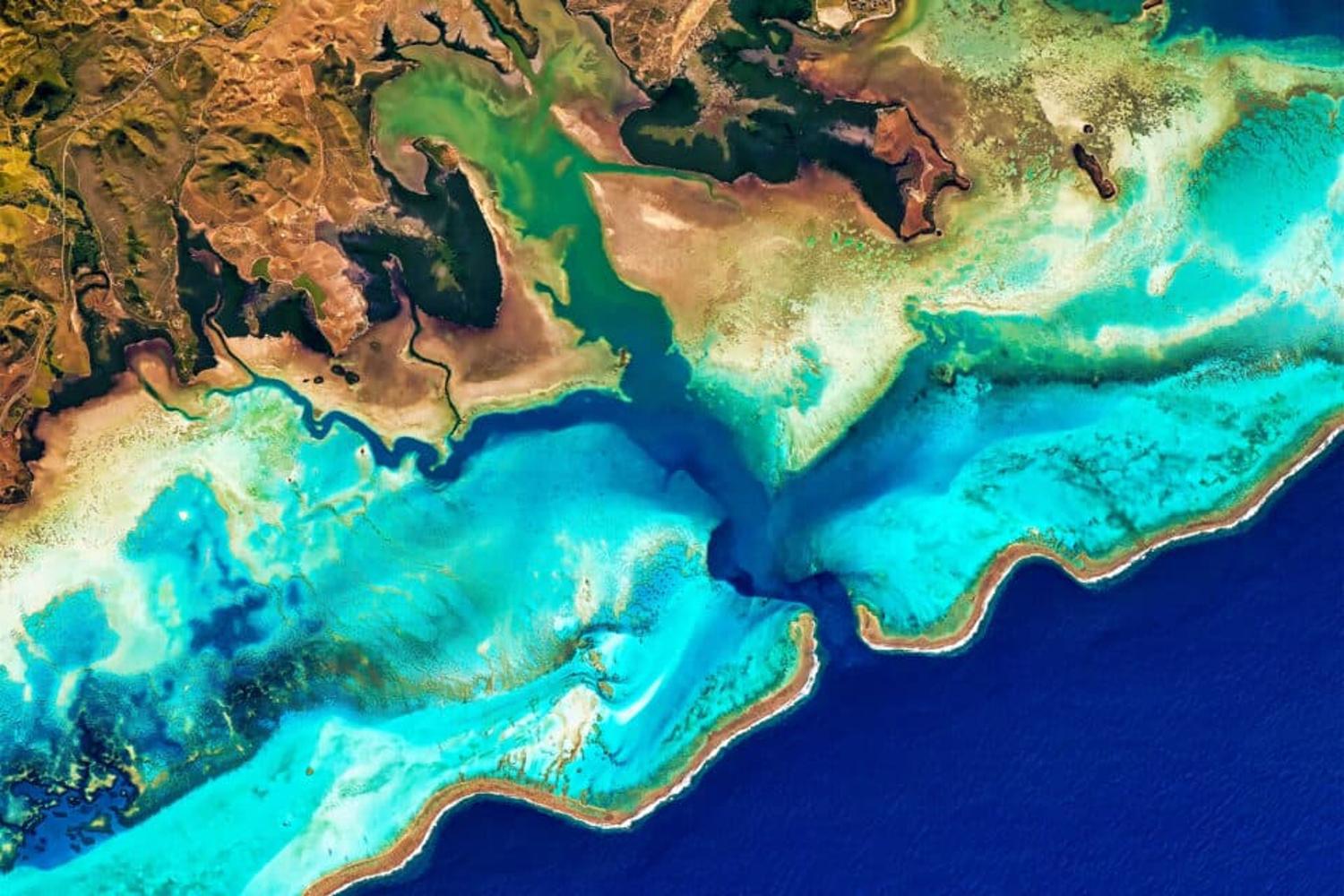
While mapping the world’s known coral reefs was innovative and exciting in itself, the Allen Coral Atlas project was thrilled to announce that it had also found over 216,000 square miles of reefs no one knew existed.
They explained that these coral reefs were only 20-30 meters below the ocean’s surface. And as Dr. Mitchell Lyons, a contributor to the project from the University of Queensland, explained, “This revises up our previous estimate of shallow reefs in the world’s oceans.”
“It’s More Than Just a Map”
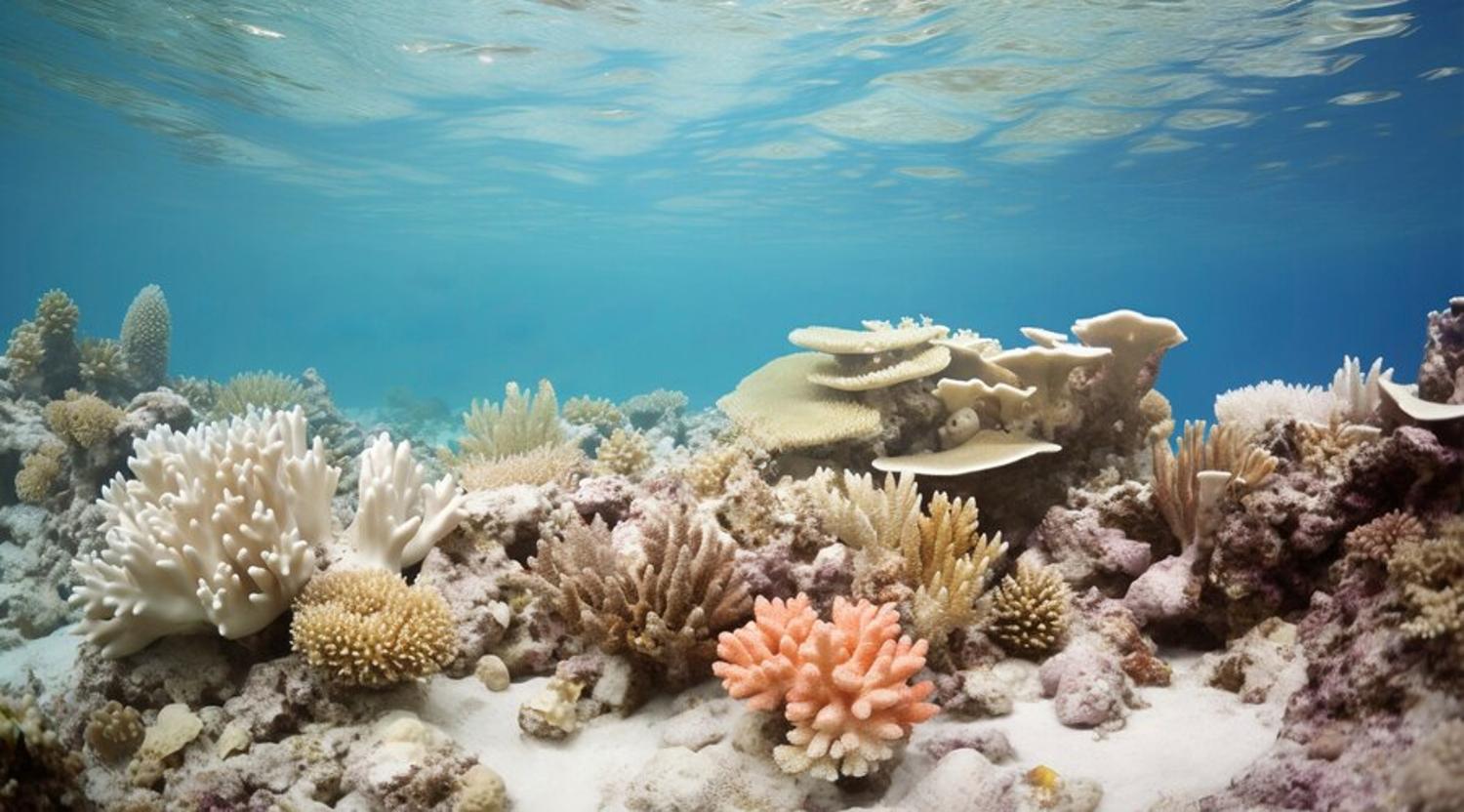
The coral reef map is extremely exciting for scientists and conservationists alike; they hope that the comprehensive photographs will enable experts to not only understand the world’s coral reefs but also protect them.
Dr. Lyons explained, “This is the first accurate depiction of the distribution and composition of the world’s coral reefs, with clear and consistent terminology. It’s more than just a map — it’s a tool for positive change for reefs and coastal and marine environments at large.”
Why Are Coral Reefs So Important?
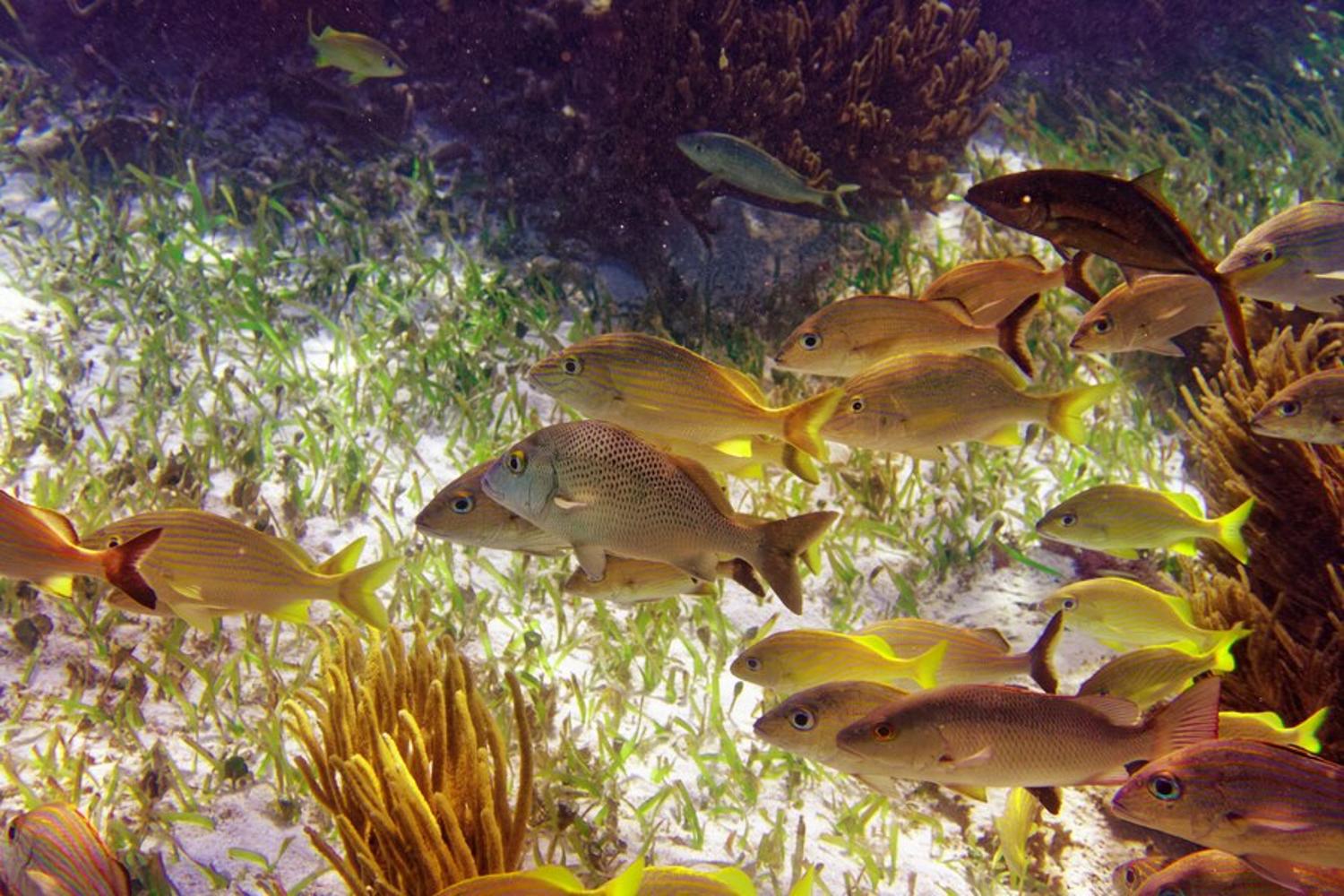
Coral reefs are one of the most important ecosystems on planet Earth; these underwater worlds are much more than just rocks and fish.
They are the biodiversity hubs of marine life, protecting coastlines, necessities for the global fishing economy, the ocean’s rainforests, and vital natural resources in protecting the planet from climate change.
Coral Reefs Provide Nurseries for More than 25% of All Marine Species
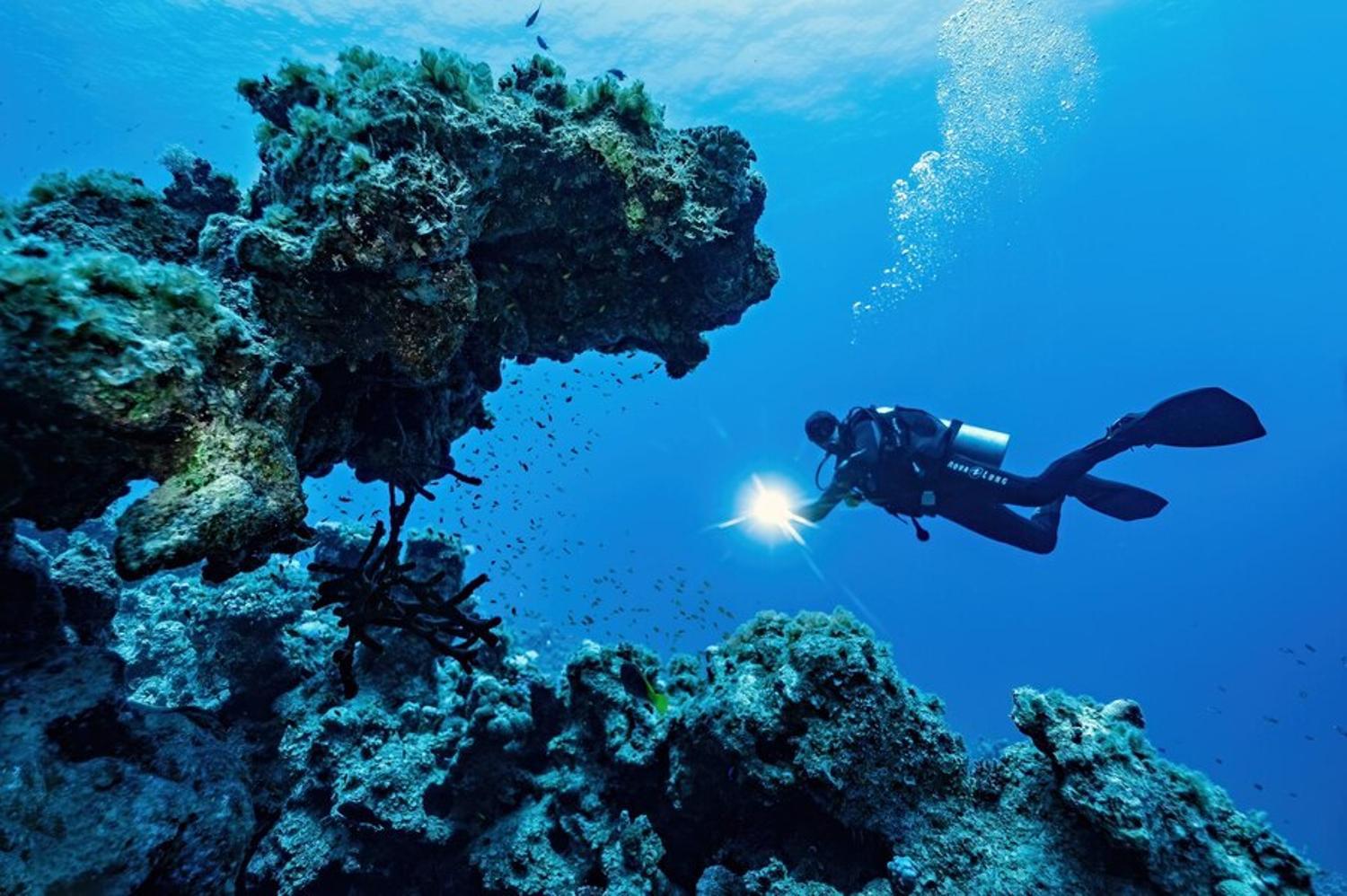
The corals that compose coral reefs are living organisms that create the perfect home for billions of fish, shellfish, and various other kinds of marine life. Thousands of species use coral reefs as their constant home, while others that swim the wide open waters come back every year to breed and birth the next generation in this safe “city” under the sea.
As 25% of all marine species use coral reefs as nurseries for their young, marine biologists understand that they are absolutely essential for aquatic biodiversity and genetic resilience.
Coral Reefs Protect the Planet’s Coastlines
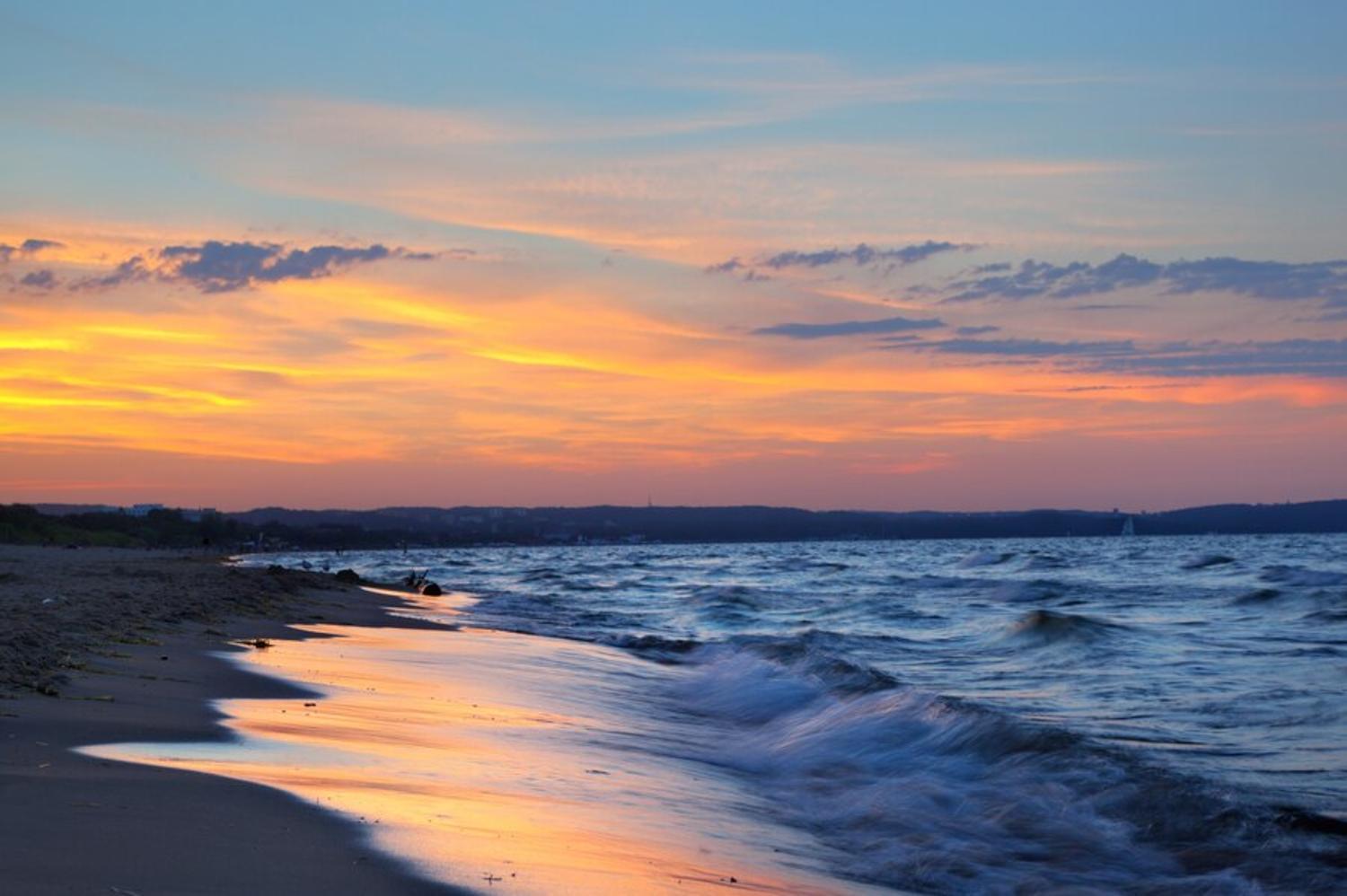
But coral reefs do more than just protect life under the sea, they are also essential in shielding hundreds of thousands of coastlines all around the world.
Coral reefs absorb the intense energy of waves and ocean storms, literally acting as a barrier and protecting coastal communities from flooding and erosion. Their job is especially prevalent alongside low-lying islands, but coral reefs are essential to any coastal habitat.
Coral Reefs Are Like the Ocean’s Rainforests
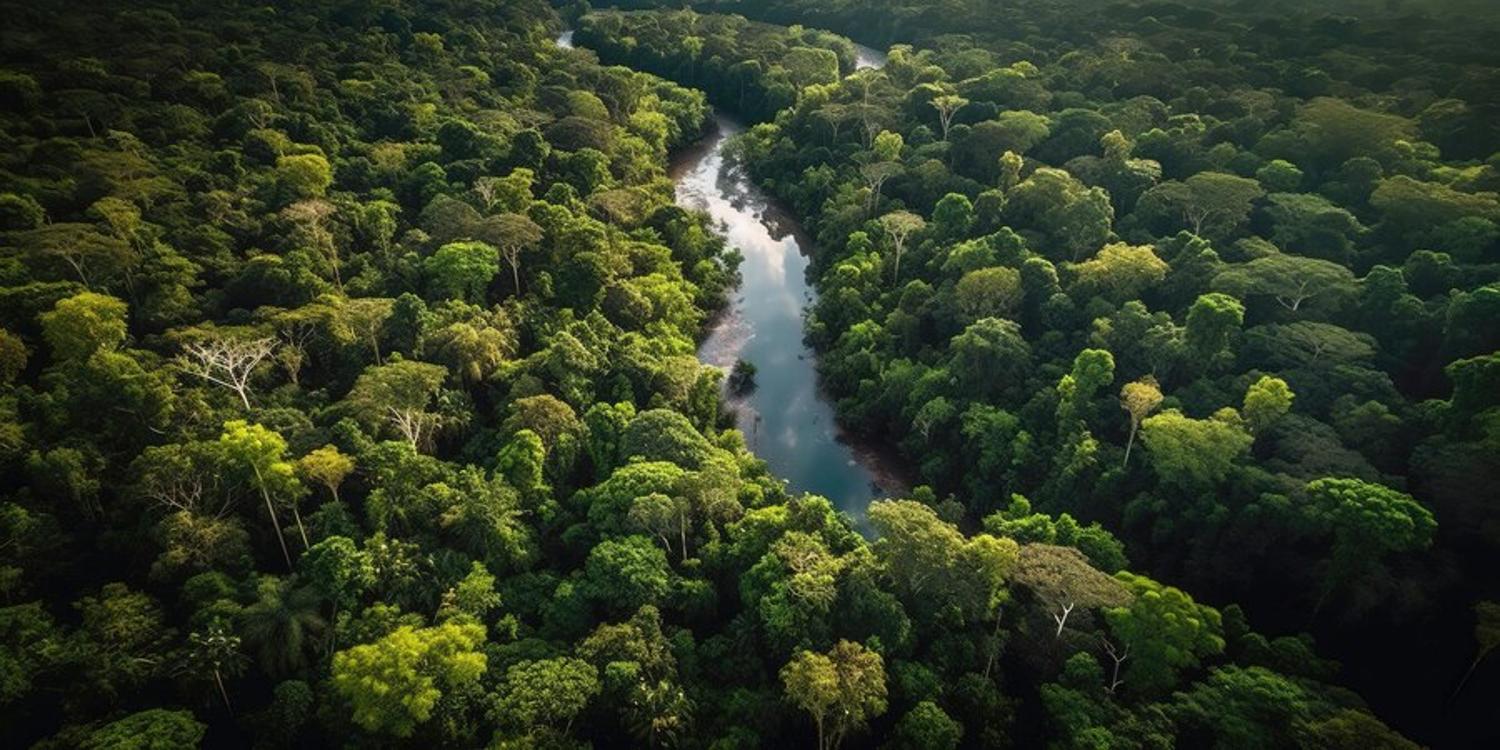
Many people don’t realize that coral reefs are essentially the ocean’s rainforests and are one of the planet’s most necessary ecosystems. Not only do coral reefs protect coastlines and provide homes for millions of animals, but they also ensure the planet continues to function as it should.
These reefs are an important part of the global carbon cycle as they capture carbon dioxide from the air, thus assisting the planet in its constant fight against the ever-increasing amount of CO2 being released into the atmosphere.
Coral Reefs Are Absolutely Necessary to Planet Earth

The bottom line: Coral reefs are absolutely necessary for the health and success of our planet. But sadly, several completely preventable realities are killing coral reefs all around the world.
One of the most prominent problems is overfishing; according to the Coral Reef Alliance, “55% of the world’s coral reefs are affected by overfishing. When fish populations decline, particularly those that feed on algae, algae can grow unchecked, eventually smothering corals.”
What Are the Biggest Threats Against the World’s Coral Reefs?
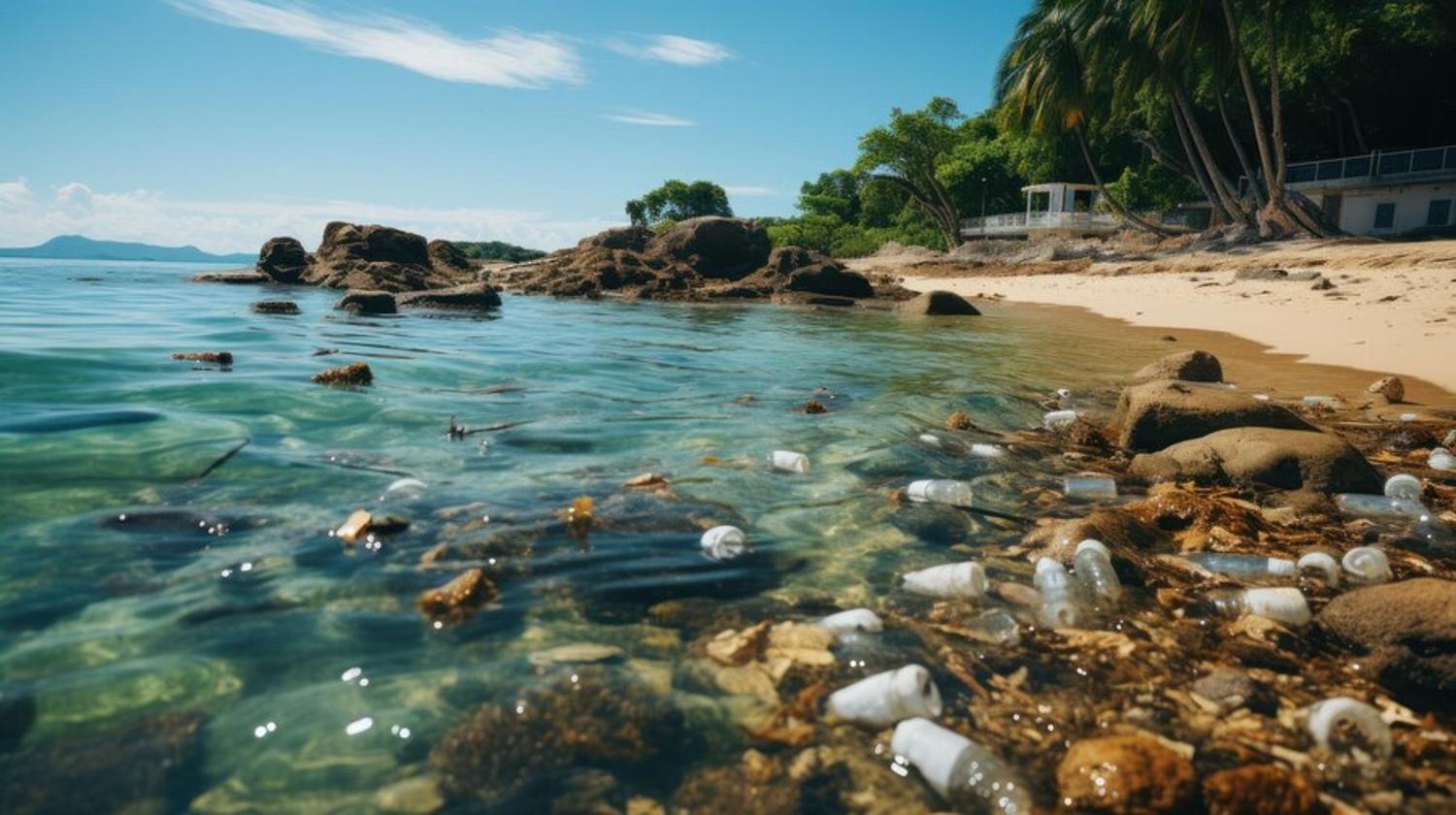
However, that’s not the only threat facing the world’s reefs. Pollution is another human error that is causing immense and widespread destruction among the ocean’s rainforests.
Plastic pollution like bottles, bags, bottle caps, and fishing gear can block the sunlight coral reefs need for photosynthesis and entangle and kill the reed or the organisms that live there.
Warming Oceans Are Killing Coral Reefs
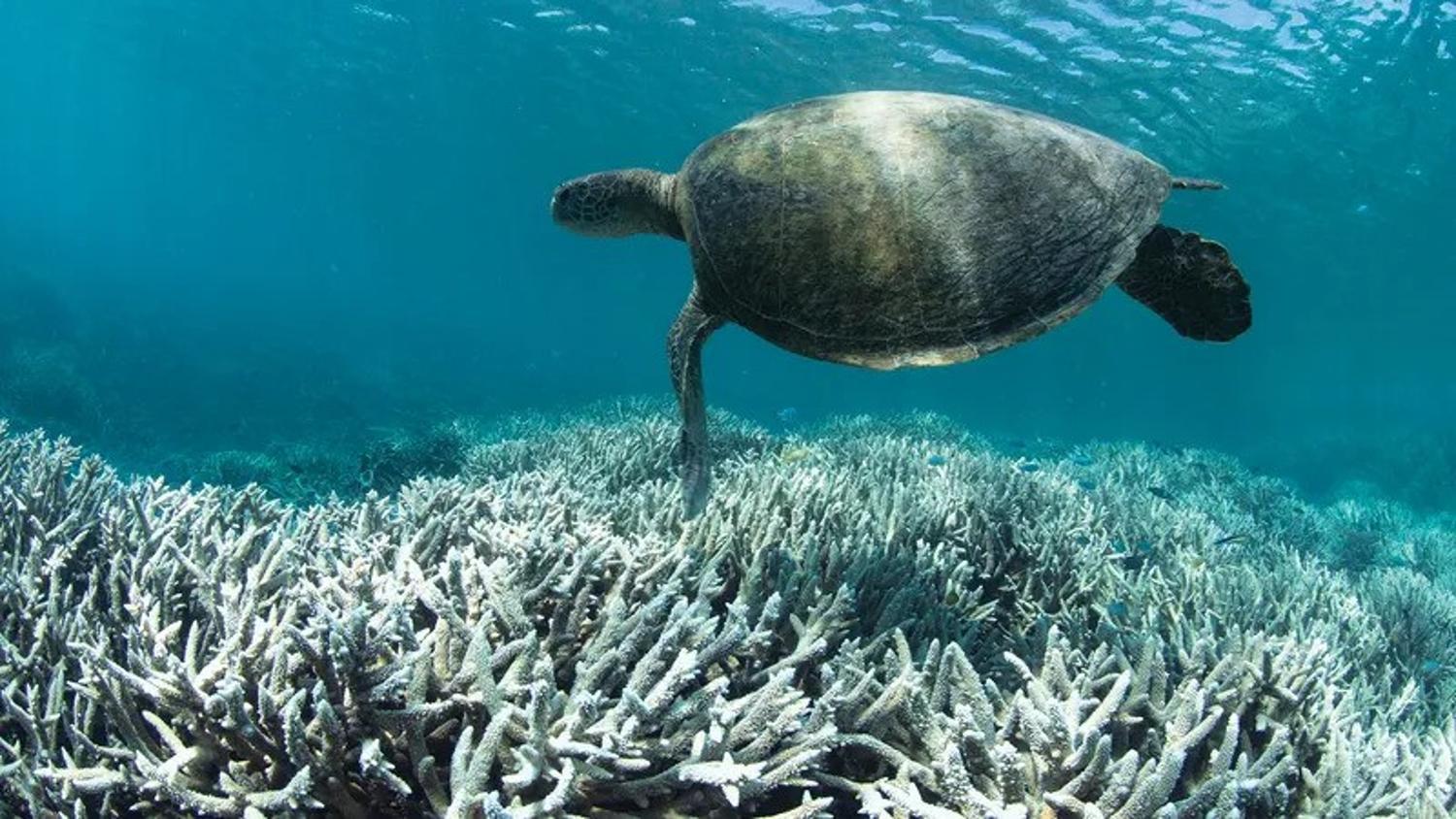
Though many argue that the most dangerous threat to coral reefs is not overfishing or pollution, but climate change. Scientists are desperate for people to understand that the release of excess CO2 into the atmosphere is rapidly warming the planet’s air and water, but the ocean has absorbed more than 90% of the Earth’s warming over the past 50 years.
The NOAA explained, “A warming ocean causes thermal stress that contributes to coral bleaching and infectious disease,” which can kill the reefs outright, destroying the entire vital ecosystem.
Protect the Planet: Save Coral Reefs
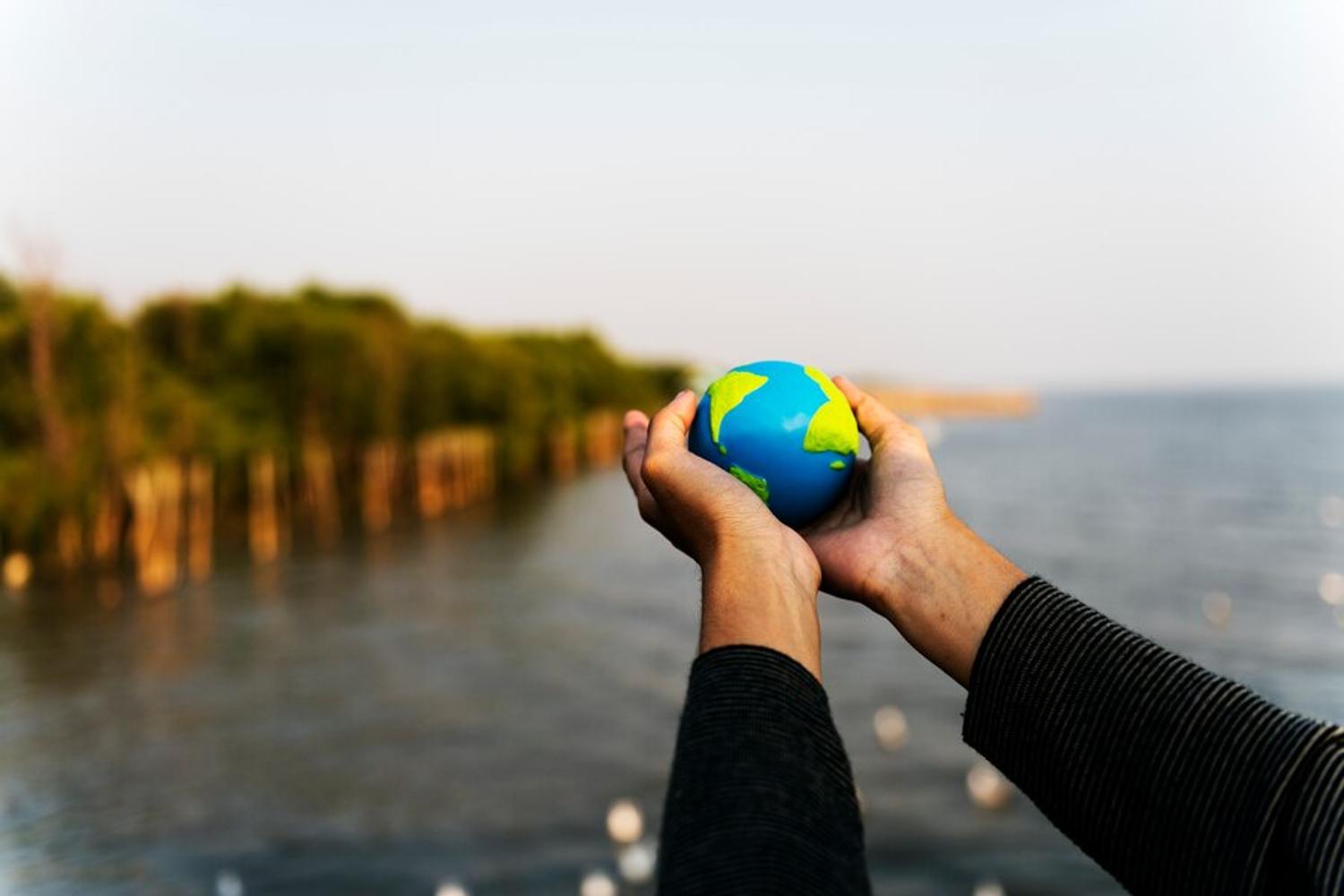
While it’s certainly exciting that there are over 200,000 miles more coral reefs than marine scientists originally believed, that doesn’t mean humans can ignore the dangers facing these important underwater metropolises.
Protecting planet Earth is a big undertaking and there are certainly many changes that need to be made. However, it’s absolutely essential that humans understand the importance of coral reefs and add protecting them to that list.








































